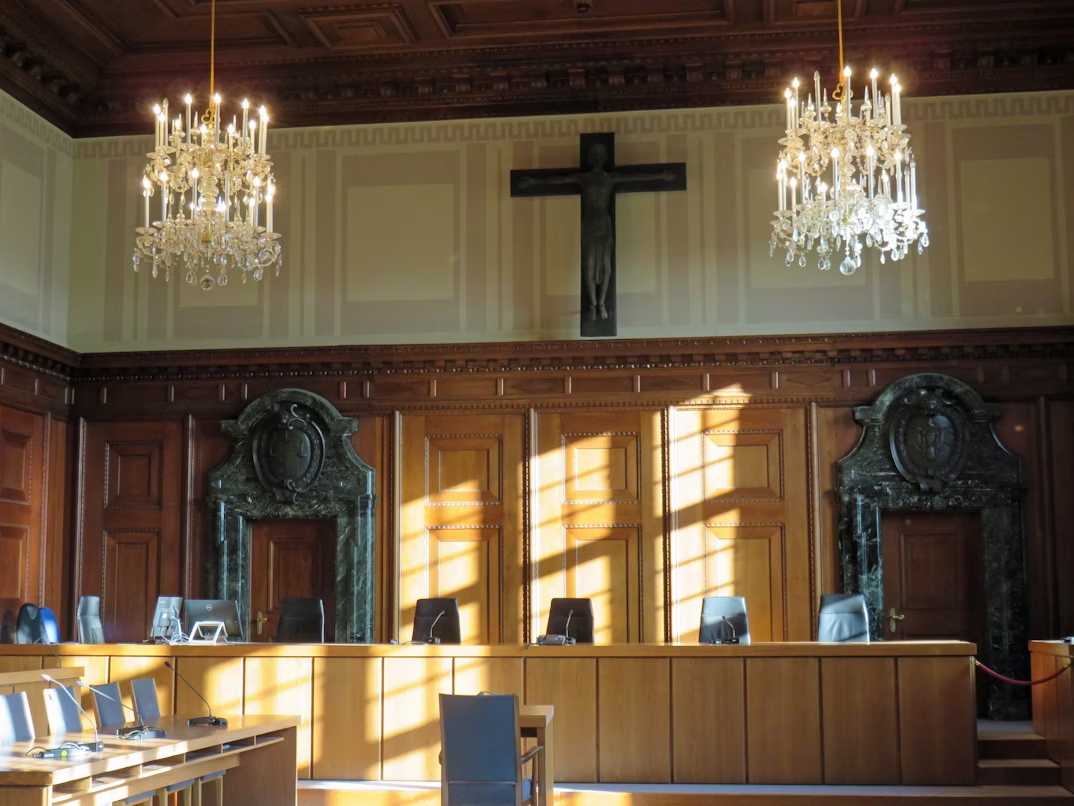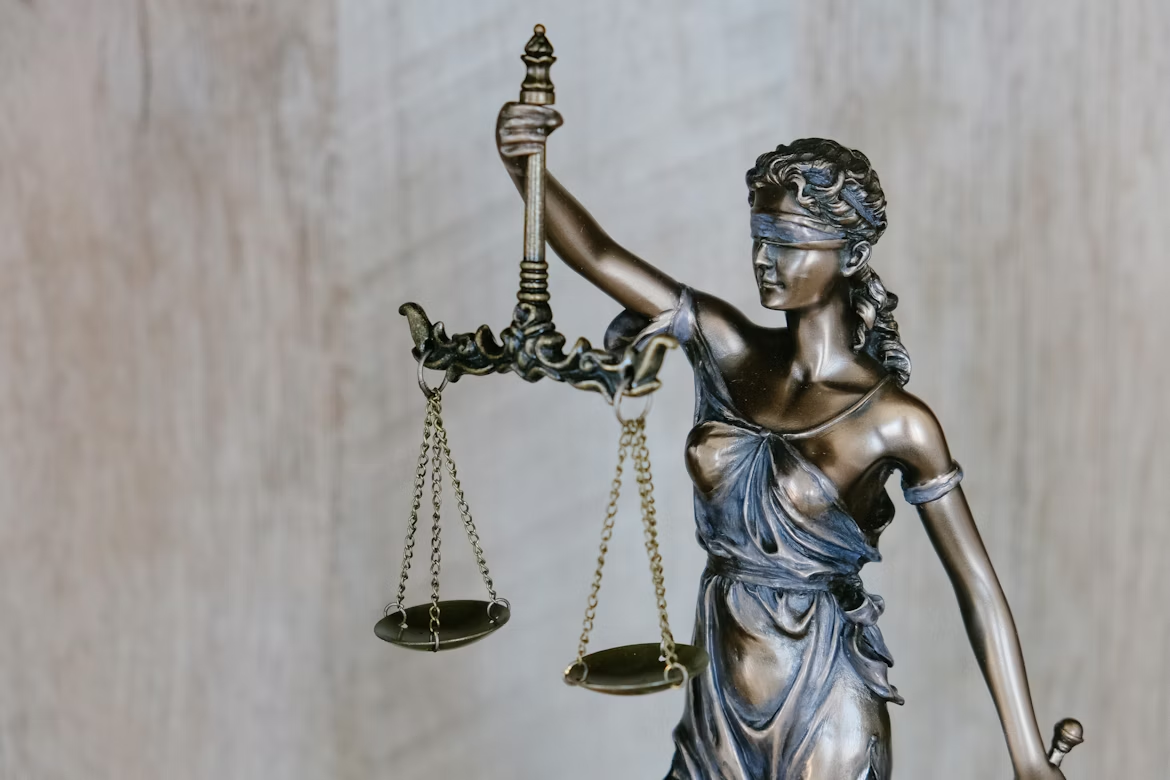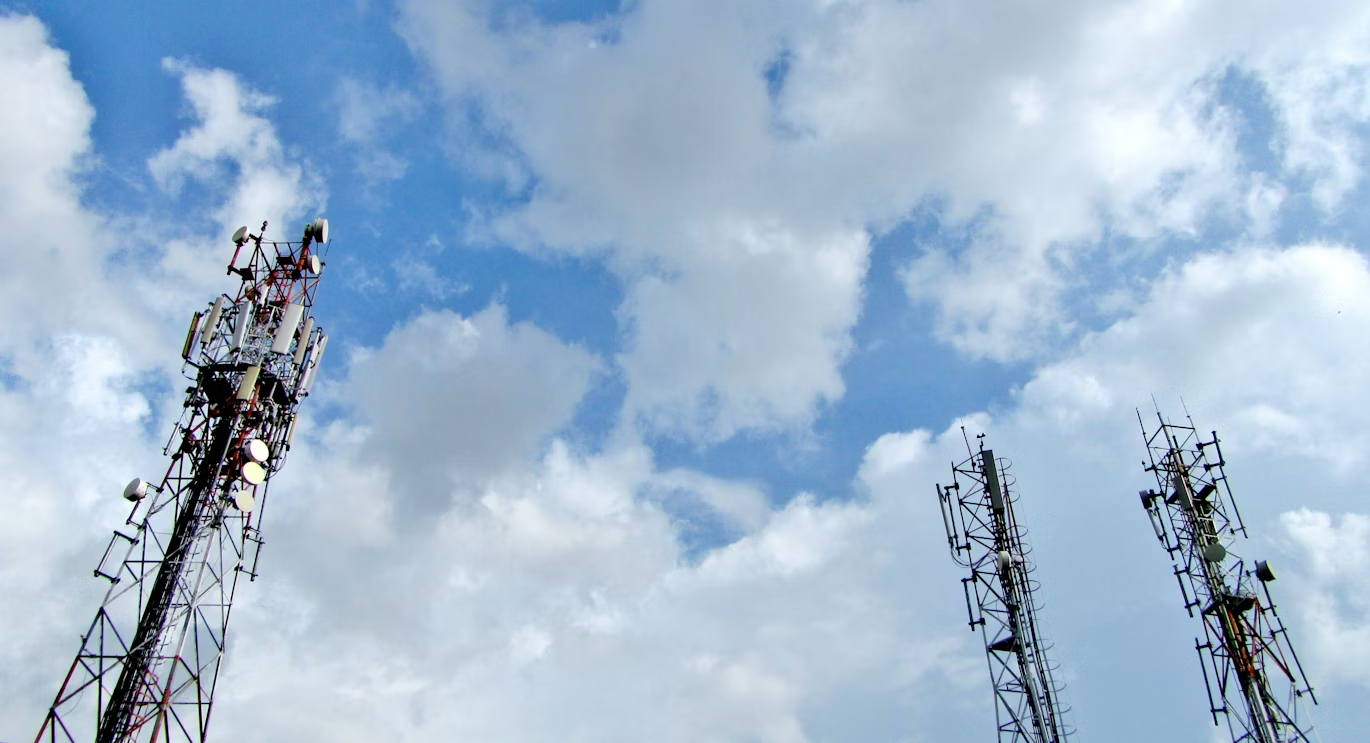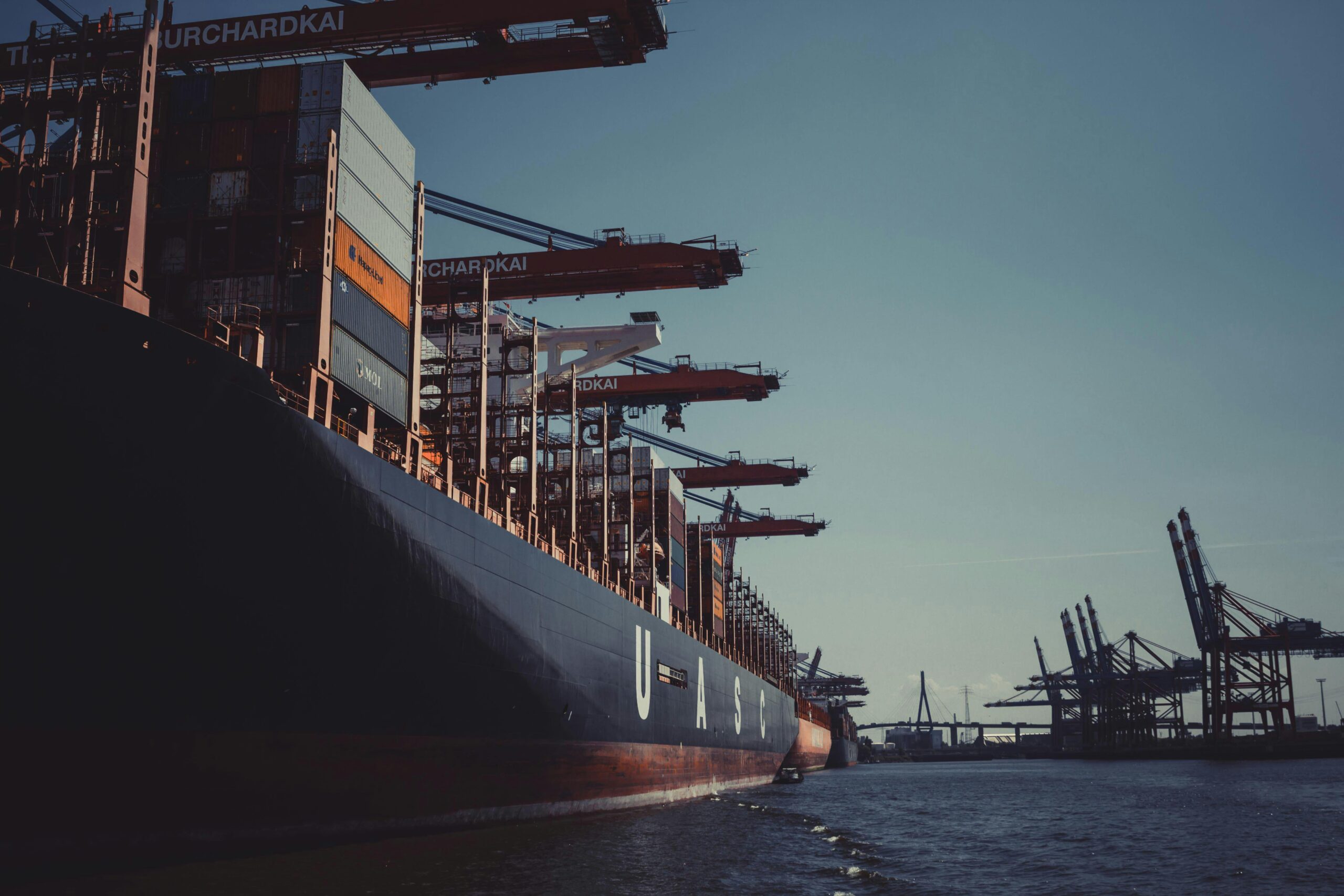More Events

Webinar: Practical insights from climate change litigators: how courts are favouring plaintiffs and disfavouring defendants
On 4 September 2025, Volterra Fietta hosted a virtual seminar on “Practical insights from climate change litigators: how courts are favouring plaintiffs and disfavouring defendants”. Recent major court decisions around the world have favoured plaintiffs over defendants in climate change cases. These decisions raise the question: could climate change litigation soon become to energy and
Learn more
Webinar: A masterclass: Making effective damages submissions in international arbitration
On 18 July 2025, Volterra Fietta hosted a virtual seminar on “A masterclass: Making effective damages submissions in international arbitration”. Damages is a material aspect of any international arbitration case. However, in-house and external counsel, and often also even experienced arbitrators, can find damages to be an opaque area of legal practice. This virtual seminar
Learn more
Webinar: Damages in Spectrum Re-Allocation Disputes
On 4 June 2025, Volterra Fietta hosted a virtual seminar on “Damages in Spectrum Re-Allocation Disputes” This seminar explored the unique features of damages claims when rights to radiofrequency spectrum are re-allocated away from an incumbent user or simply terminated, whether by a commercial counterparty or a State. The seminar presented the key considerations necessary
Learn more
Webinar: Volterra Fietta hosts commercial disputes seminar on the “Impacts of Tariffs on Supply Contracts: Key Legal Issues”
On 16 April 2025, Volterra Fietta held a virtual seminar entitled “Impacts of Tariffs on Supply Contracts: Key Legal Issues”. In the seminar, Volterra Fietta partners Mr Gunjan Sharma and Mr Ahmed Abdel Hakam analysed the contractual implications of tariff increases on supply agreements and sales of goods, from a common law and civil law
Learn more